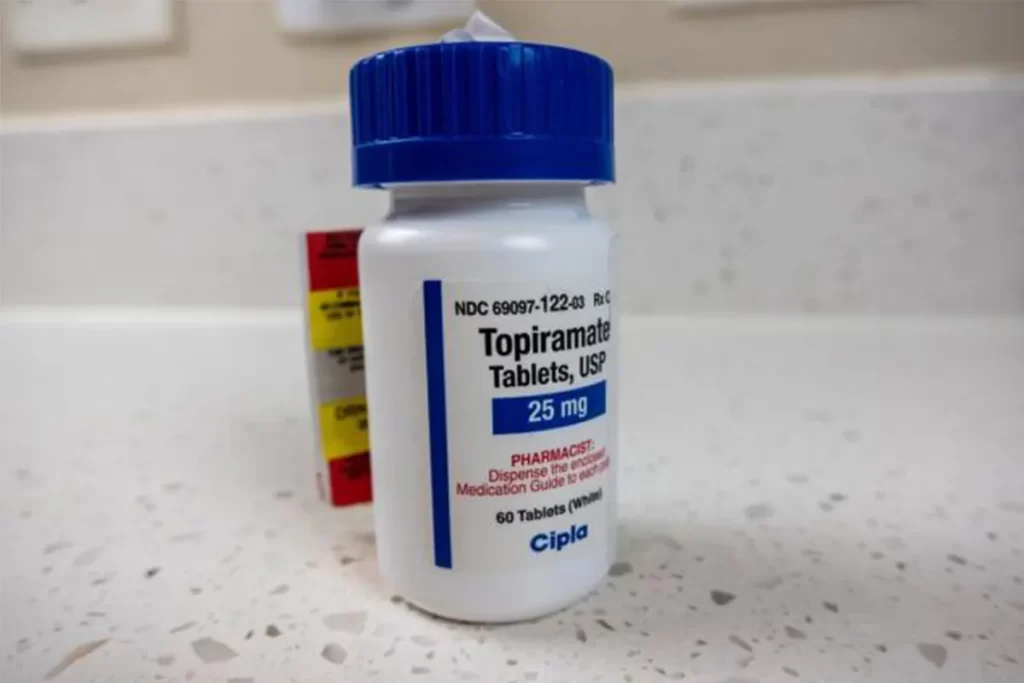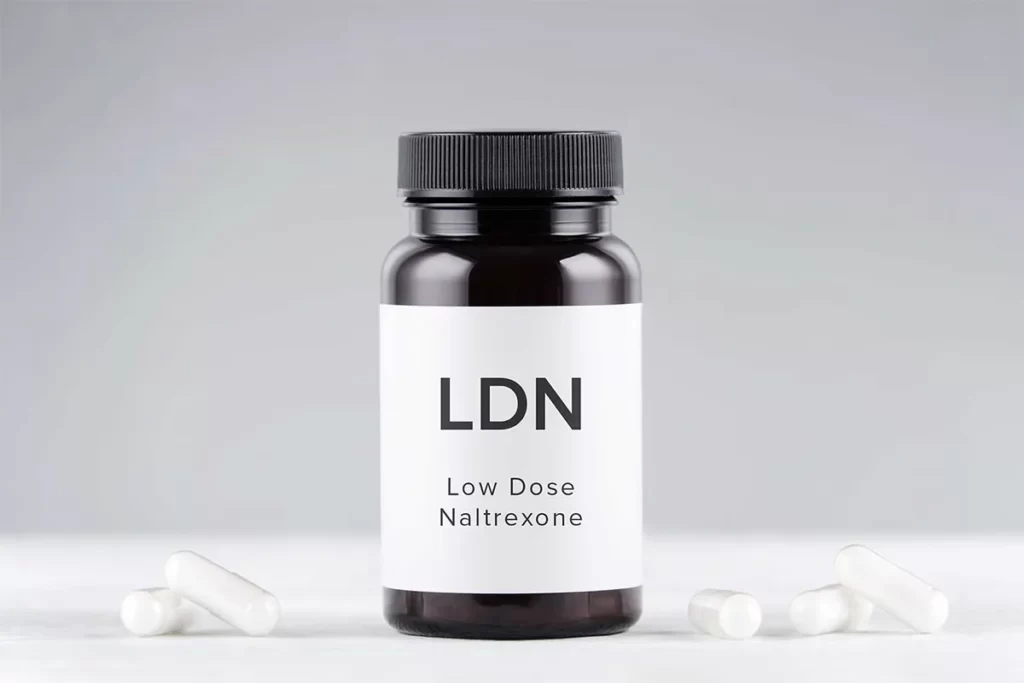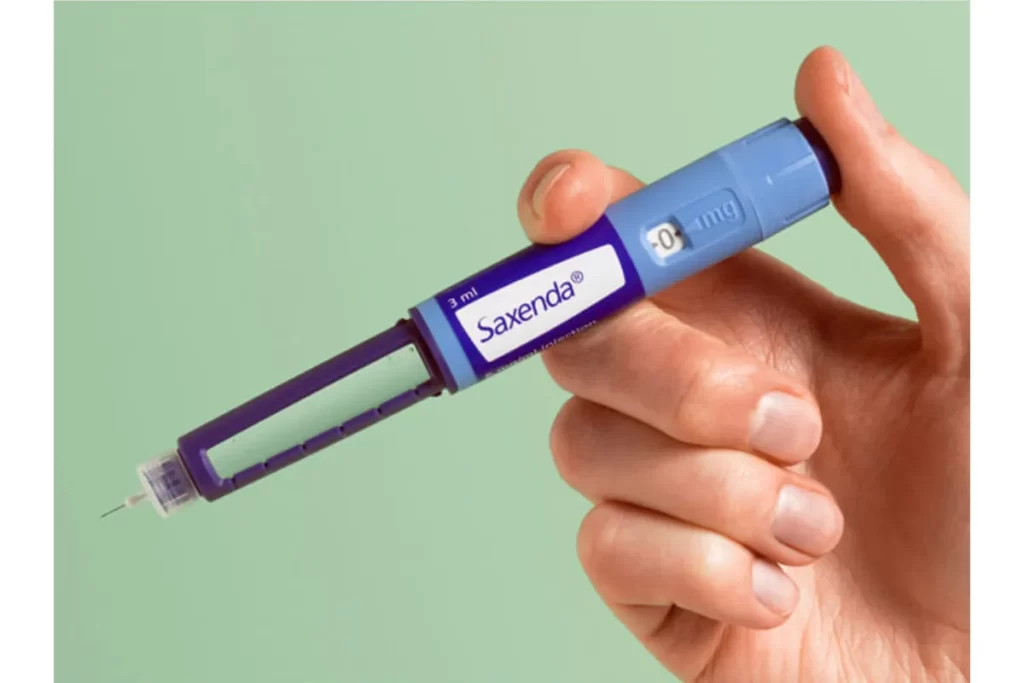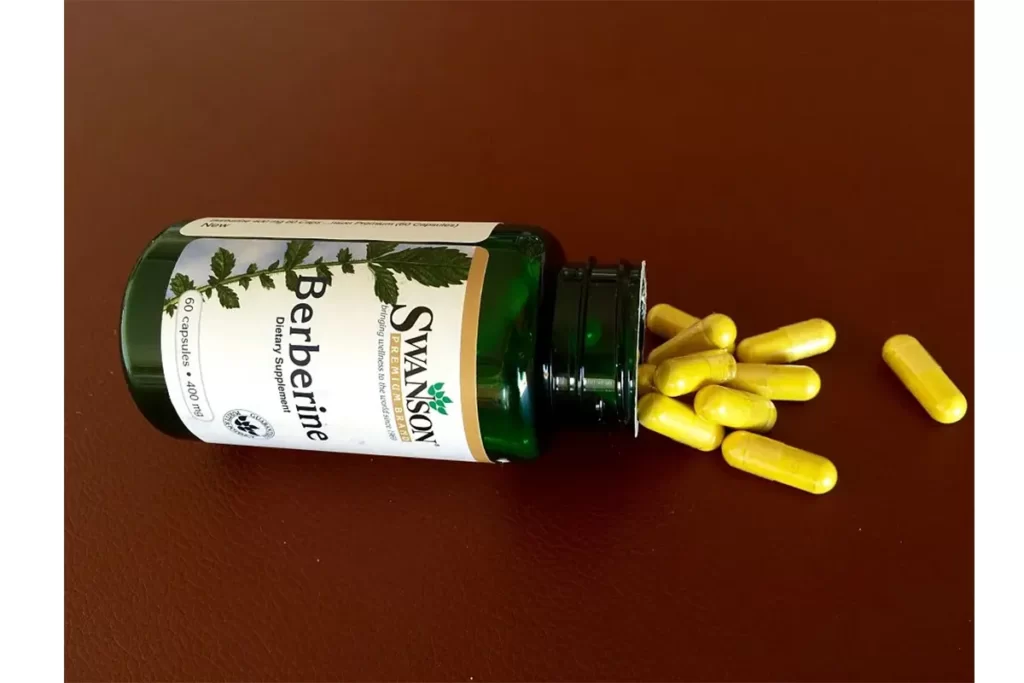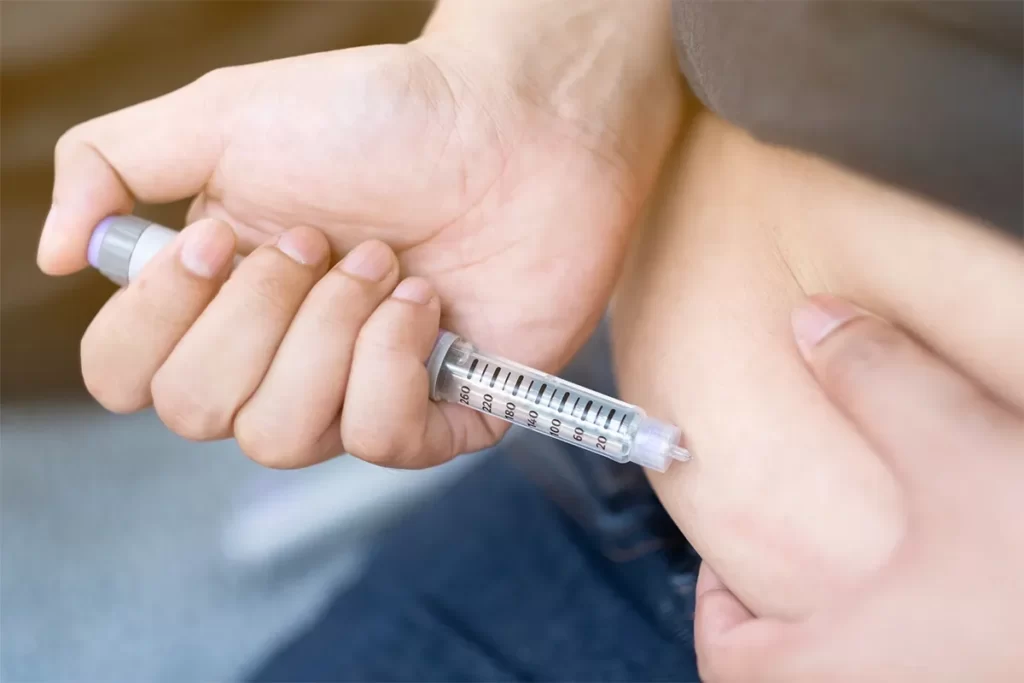Revitalize Your Health: The 14 Day Fruit Diet Guide
-
 Written by
Michael J. Ormsbee
Written by
Michael J. Ormsbee
- LAST UPDATED September 14, 2023
A 14 day fruit diet is a unique approach to detoxing, weight loss, and improving overall health. As the name suggests, this diet involves eating primarily fruit for 14 days, with limited additions like nuts, seeds, and vegetables. While controversial, the short fruit fast shows promise for cleansing, shedding pounds quickly, and resetting your taste for natural sugars.
In this comprehensive guide, we will explore everything you need to know about the 14 day fruit diet. Learn the allowed and prohibited foods, view a sample meal plan, understand the benefits and considerations, and finish with tips to transition off the fruit diet safely. Let’s dive in!
What is the 14 Day Fruit Diet?
The 14 day fruit diet, also called a fruit flush diet or fruit cleanse diet, is exactly how it sounds – you eat mainly fruit for 14 days. During the two weeks, you eliminate processed foods, animal products, and unhealthy fats from your diet. The goal is to give your body a reset by providing nutrient-dense, easily digestible fruit.
On the 14 day fruit diet, you get the majority of your daily calories from fruit. Eating fruit in abundance nourishes your body with antioxidants, phytonutrients, fiber, vitamins, and minerals. To supplement the fruit, you can also eat raw nuts, seeds, vegetables, and legumes in moderation. Processed foods, refined carbs, sugar, dairy, eggs, meat, and junk foods are not allowed.
The 14 day fruit diet is intended as a short-term cleanse rather than a permanent eating plan. 14 days provides sufficient time to reap the detox and weight loss benefits, without concerns over nutrient deficiency or sustainability long-term. Many proponents do a 14 day fruit fast a few times per year as a reset for their health.
Now that you understand the basics of the diet, let’s look at which fruits and other foods are encouraged and prohibited.
The Best Fruits to Eat on a 14 Day Fruit Diet
Fruits take center stage in this plant-based detox diet. Choosing a rainbow of vitamin: packed fruits ensures you get a wide range of nutrients and antioxidants. Here are some of the best fruits to eat during the 14 day fruit diet:
Berries: Berries like strawberries, blueberries, raspberries and blackberries are fantastic choices. They are rich in fiber, vitamin C, anthocyanins, and cancer-fighting ellagic acid. Berries satisfy sweet cravings with their natural sugars and low glycemic impact.
Apples: Apples are satisfying, hydrating, and provide pectin fiber to promote good digestion and cholesterol balance. Enjoy apples raw or baked into apple sauce for a warm dessert.
Citrus Fruits: Citrus fruits like oranges, grapefruit, clementines, and kiwi are loaded with immunity: boosting vitamin C. They aid liver and kidney detoxification. Starting your day with fresh citrus gives you an energizing vitamin boost.
Melons: Watermelon, cantaloupe, and honeydew melons have high water content to keep you hydrated. Melons provide electrolytes like potassium and magnesium for proper fluid balance. Their sweetness curbs cravings for unhealthy desserts.
Bananas: Bananas offer sustaining carbohydrates for energy, plus digestion: aiding fiber and potassium. Their pectin and resistant starch feed healthy gut bacteria. Bananas’ convenience makes them perfect 14 day fruit diet snacks.
Pineapples: Pineapples contain the digestive enzyme bromelain, which reduces bloating and eases gastrointestinal distress. Combine pineapple with spinach for a bloat: busting smoothie.
Grapes: Grapes deliver hydration along with antioxidants like resveratrol, shown to protect heart health and lower inflammation. Frozen grapes make a satisfying frozen treat to replace sweets.
Aim for at least 5: 7 servings of a variety of fruits each day of the diet, and drink plenty of water between meals. Now let’s look at some other food exceptions permitted on the fruit cleanse.
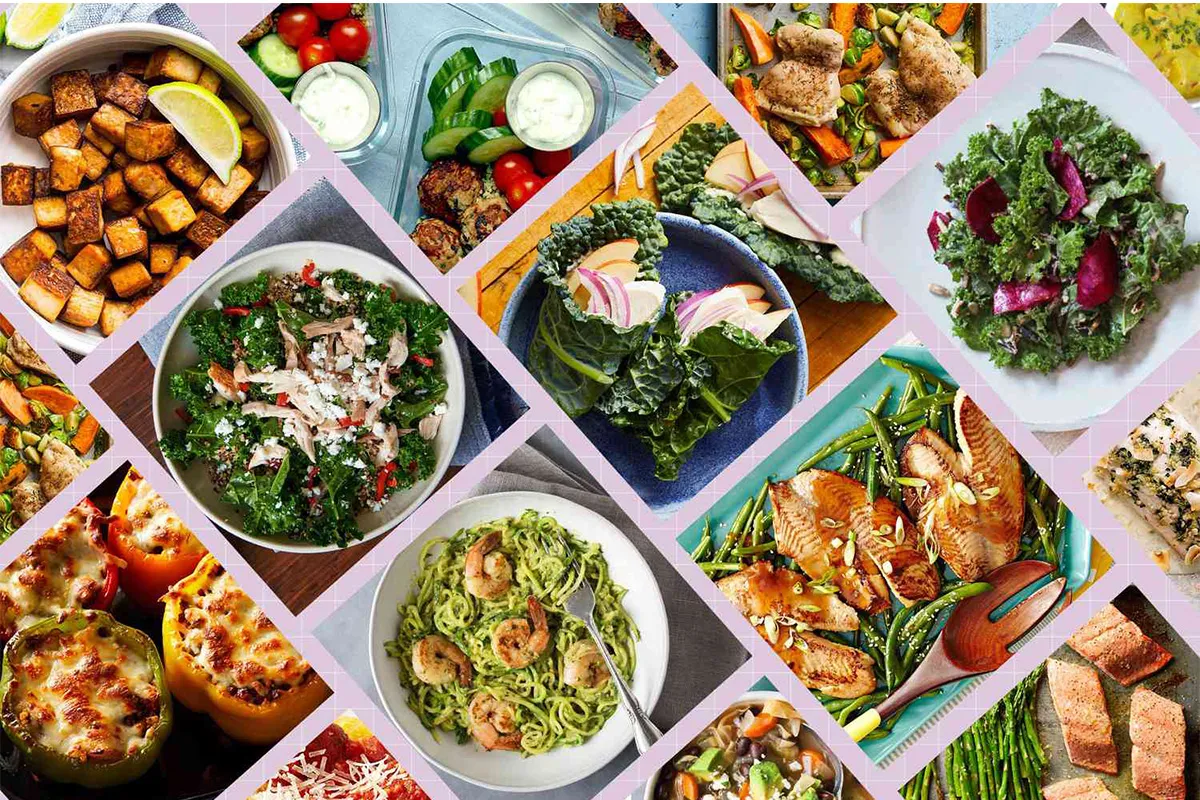
Exceptions: Non: Fruit Foods You Can Eat on the 14 Day Diet
In addition to bountiful fruit, you can incorporate limited amounts of nuts, seeds, veggies, and legumes to support your 14 day fruit diet. Here are the specifics:
Raw nuts and seeds: Enjoy up to 1 ounce of raw, unsalted nuts or seeds per day. Options like almonds, walnuts, pecans, pumpkin seeds, and sunflower seeds offer protein, healthy fats and minerals. Soak nuts and seeds to make digestion easier if you desire.
Non: Starchy vegetables: Eat up to 2 cups per day of leafy greens, broccoli, carrots, bell peppers, and other low-sugar veggies. You can eat these raw with dip or lightly steamed. Veggies provide fiber, nutrients, and bulk to supplement fruit’s sugar content.
Beans and legumes: Get an added protein boost by including 1⁄2 cup of lentils, chickpeas, beans, or peas into your day. Look for low: sodium canned options for quick additions to salads. Beans aid metabolism and satisfaction.
Herbs, spices, vinegars: Use unlimited herbs, spices, and vinegar like cinnamon, ginger, basil, black pepper, apple cider vinegar, and flavored balsamic vinegar to add flavor to your fruit and veggies.
Water and herbal tea: Stay well hydrated with at least eight 8: oz glasses of filtered water daily. Unsweetened herbal teas like peppermint, ginger, and dandelion tea can also be enjoyed.
Keeping your fruit intake high and these additions minimal will enable you to reap the cleansing rewards of the 14 day fruit diet. Now let’s look at foods to avoid during the two weeks.
Foods to Avoid on the 14 Day Fruit Diet
To receive the full reset benefits, you must avoid energy: by draining processed and junk foods for 14 days. Here are the foods and ingredients that are off-limits on the fruit cleanse diet:
Refined sugars and baked goods
Refined, starchy carbs like bread, pasta, rice
Dairy products including milk, cheese, yogurt, butter
Red meat, pork, chicken, fish, eggs, protein powders
Processed oils like canola, vegetable, corn, and soybean oil
Fried foods and trans fats
Packaged snacks, sweets, desserts
Alcohol, coffee, sweetened beverages
Salt, soy sauce, flavored dressings
Canned goods with additives and preservatives
Sticking solely fruit, nuts, seeds, veggies, beans, herbs, and water for 14 days eliminates cravings for unhealthy fare and resets your taste buds. Now let’s look at a sample meal plan to follow for the fruit diet.

Sample 14 Day Fruit Diet Meal Plan
Structuring your menu ahead of time makes the fruit diet easy to follow. Here is an example 14 day meal plan showcasing delicious fruit options:
Day 1
Breakfast: Berry smoothie (blended strawberries, blueberries, almond milk)
Snack: Sliced kiwi, grapes, carrot sticks
Lunch: Massaged kale salad with chickpeas, apple slices, balsamic dressing
Snack: Orange wedges
Dinner: Roasted butternut squash, baked apples with cinnamon
Day 2
Breakfast: Melon cubes, sunflower seeds
Snack: Dried figs, raw almonds
Lunch: Leftover butternut squash, mixed greens salad with red bell peppers
Snack: Pineapple chunks
Dinner: Lentil veggie soup, banana soft serve made with frozen bananas
Day 3
Breakfast: Overnight oats with almond milk, banana, berries
Snack: Green smoothie with spinach, mango, flaxseeds
Lunch: Canned lentil salad wrap in collard green wraps
Snack: Watermelon slices
Dinner: Veggie and black bean tacos on lettuce wraps, grapes
Day 4
Breakfast: Grapefruit slices, hardboiled egg (optional)
Snack: Celery sticks with almond butter
Lunch: Chickpea chopped salad with cucumbers, bell pepper
Snack: Frozen grapes, raw pumpkin seeds
Dinner: Broccoli slaw salad, baked apple crisps
Follow this model by alternating fruits, adding nuts, seeds, veggies, and legumes, and avoiding processed foods for the full 14 days. Drink water consistently throughout the day as well. Now let’s explore the multitude of benefits you can obtain from the 14 day fruit diet.
The Benefits of Trying the 14 Day Fruit Diet
Committing to eating primarily produce for two weeks can profoundly impact your health in numerous ways. Here are some of the top benefits you may achieve on the 14 day fruit diet:
Rapid weight loss: The natural sugars and fiber in fruit help curb hunger and cravings compared to processed carbs. Lower daily calorie intake promotes fast weight loss, especially in the first week as stored glycogen is depleted. Eating fruit before meals can reduce subsequent calorie intake.
Detoxification and cleansing: Abundant antioxidants in fruit counteract and eliminate toxins in the body. Two weeks of fruit’s vitamins, minerals, and phytonutrients allow the liver, kidneys, and lungs to clear accumulated waste. This cleanses the body at a cellular level.
Boosted immunity: The vitamin C content in citrus fruits and berries fortifies the immune system and prevents colds. A British study showed that eating at least 5 servings of fruits and veggies daily makes you 4 times less likely to catch the cold virus.
Increased energy and clearer thinking: Fruit provides natural carbohydrate energy to fuel your days. Avoiding heavy foods, dairy, and meat digestion allows the body and mind to feel rejuvenated. The natural sugars also improve mood and concentration.
Healthy digestion: The fiber in fruit improves bowel regularity and healthy gut function. Fruits require minimal digestion allowing the gastrointestinal tract to rest and repair. Any digestive issues may clear up within two weeks of eating only fruit.
Improved skin, hair, and nails: Hydrating fruit intake makes hair and nails strong while giving skin a healthy glow. The antioxidants in berries protect against skin damage. Vitamin A in cantaloupe and apricots regenerates skin cell turnover.
Balanced hormones: For women, eating fruit may help mitigate PMS and menopausal symptoms. The nutrients and plant compounds in fruit balance female hormone levels, leading to more regular cycles and relief of hot flashes, bloating, and cramps.
Clearly, the perks of the 14 day fruit diet are far-reaching, from cleansing to beautifying and everything in between. However, there are some important considerations to keep in mind as well. Let’s explore those next.
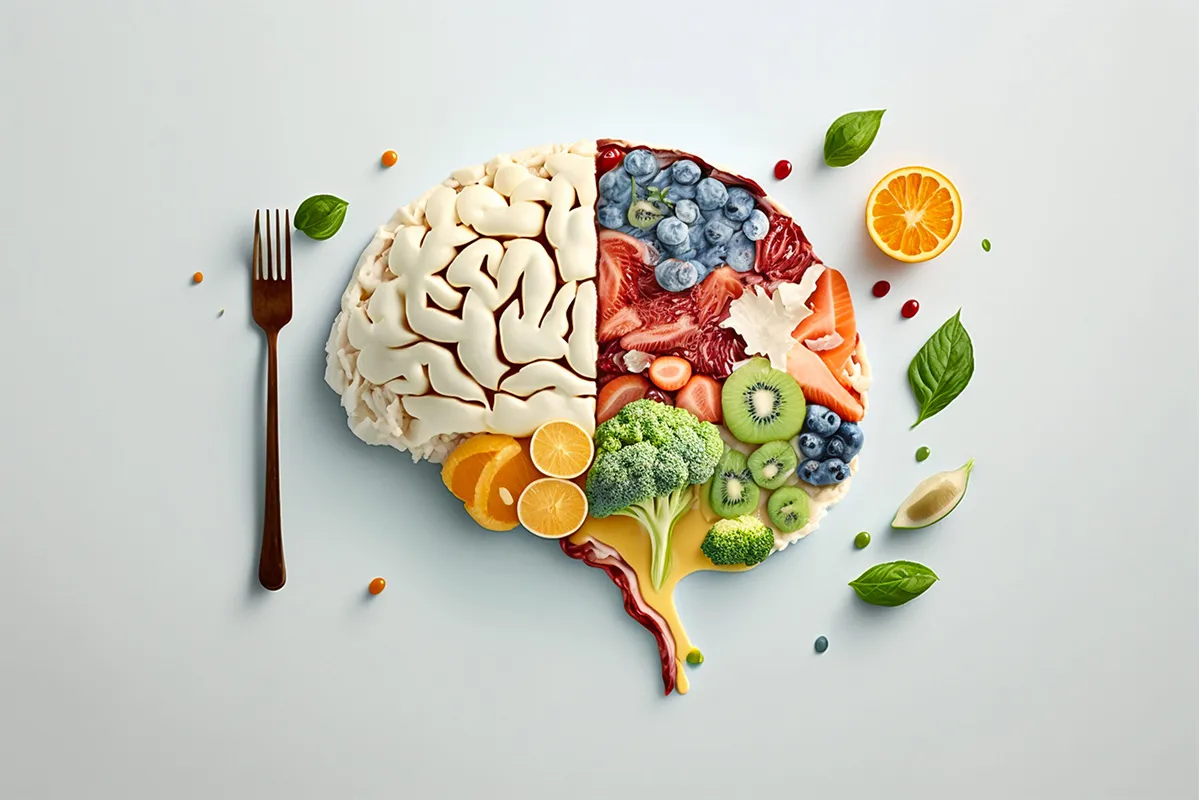
Considerations When Trying the 14 Day Fruit Diet
While the 14 day fruit diet offers enticing benefits, it is important to consider a few factors before trying this restrictive cleanse:
Low protein: With limited nuts and legumes, the diet is low in protein which is essential for building and repairing muscles. Ensure you transition back to adequate protein after the fruit diet.
Low calories: For some people, fruit and veggies alone may not provide sufficient daily calories. Ensure you eat enough fruit to fuel your activity level and prevent hunger.
Nutrient deficiencies: While fruit has ample vitamins and minerals, restricting dairy, meat, and grains for two weeks may lead to lower calcium, iron, B12, and other nutrients. Keep the diet short-term.
High sugar: The natural sugars in fruit may worsen blood sugar control or cause diarrhea if you consume extremely high amounts. Monitor your response.
Dental health: The acidity in fruit could damage tooth enamel over two weeks. Swish with plain water after eating fruit to neutralize pH.
Consult a doctor before trying the 14 day fruit diet if you have any health conditions or eating disorders. Pregnant and breastfeeding women should not follow the fruit diet. While safe short: term, it is meant to reset your body: not provide lasting balanced nutrition on its own.
Transitioning Off the 14 Day Fruit Diet
After two weeks of feasting on fruit, you’ll need to gradually transition your diet to prevent blood sugar spikes or digestive upset. Here are some tips for a smooth transition after completing the 14 day fruit diet:
Slowly reintroduce grains, dairy, meat, and protein over several days
Limit added sugars and processed carbs initially to prevent cravings
Focus on high-fiber whole grains like oats, quinoa, brown rice and whole-grain bread
Drink plenty of water to stay hydrated as you diversify your foods
Take a probiotic or eat yogurt to support healthy gut bacteria
Continue emphasizing fruits and vegetables as part of your balanced diet
The 14 day fruit diet provides a powerful health reset and the motivation to stick with positive changes. Use the two weeks to break bad eating habits and redefine your relationship with food. Let the immediate benefits you achieve inspire you to eat clean, care for your body, and feel your best long after the fruit diet ends!

Frequently Asked Questions about the 14 Day Fruit Diet
How much weight can I expect to lose on the 14 day fruit diet?
It varies based on the individual, but many people lose 5: to 10 pounds in two weeks. Higher starting weight and closely adhering to the diet hype weight loss. Expect to lose weight rapidly at first as glycogen stores deplete, then steadily after.
What if I feel tired or sluggish during the 14 days?
Listen to your body's signals. Increase fruit intake if you need more calories and carbs for energy. Supplement with raw nuts and seeds for protein. Take it easier on physical activity to prevent burnout. Get plenty of rest!
Can I exercise on the 14 day fruit diet?
Yes, light to moderate exercise is fine but fuel up appropriately. Lower-intensity cardio, yoga, pilates, and lifting weights under 30 minutes are ideal. Take rest days as needed and stop if you feel lightheaded. Stay hydrated!
How can I make this sustainable long-term?
The 14 day fruit diet is intended only as a short cleanse. To continue healthfully, keep the fruit as your daily snacks but balance meals with lean proteins, healthy fats, veggies, and whole grains. Limit processed foods and added sugars.
In summary, the 14 day fruit diet provides a jumpstart for cleansing and healthy weight loss by focusing on nature’s candy – fruit! Approach the two weeks as an opportunity to reboot your habits and relationship with food. Then transition back to balanced eating while carrying over lessons that enable your vitality long after the 14 days end.


